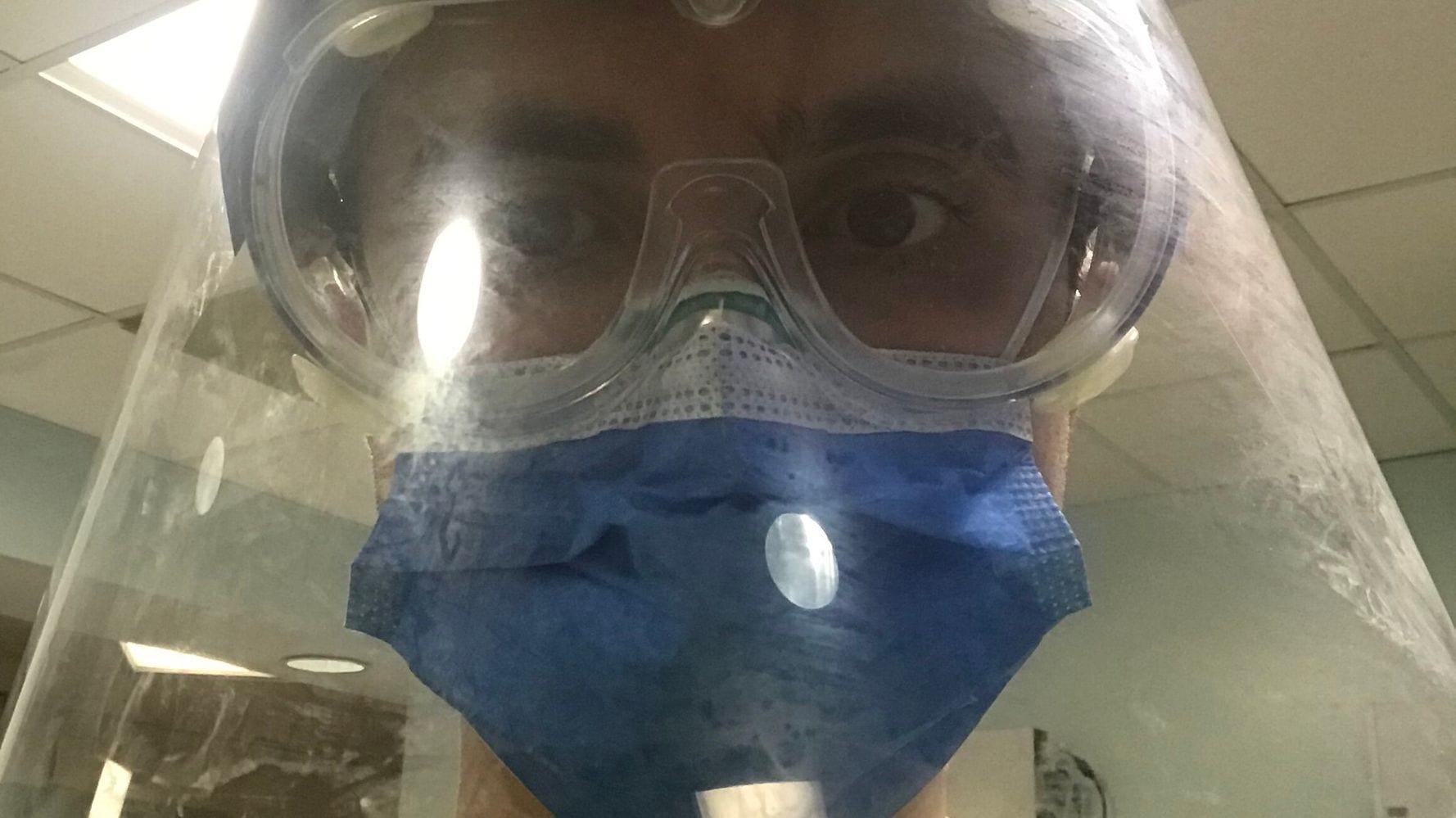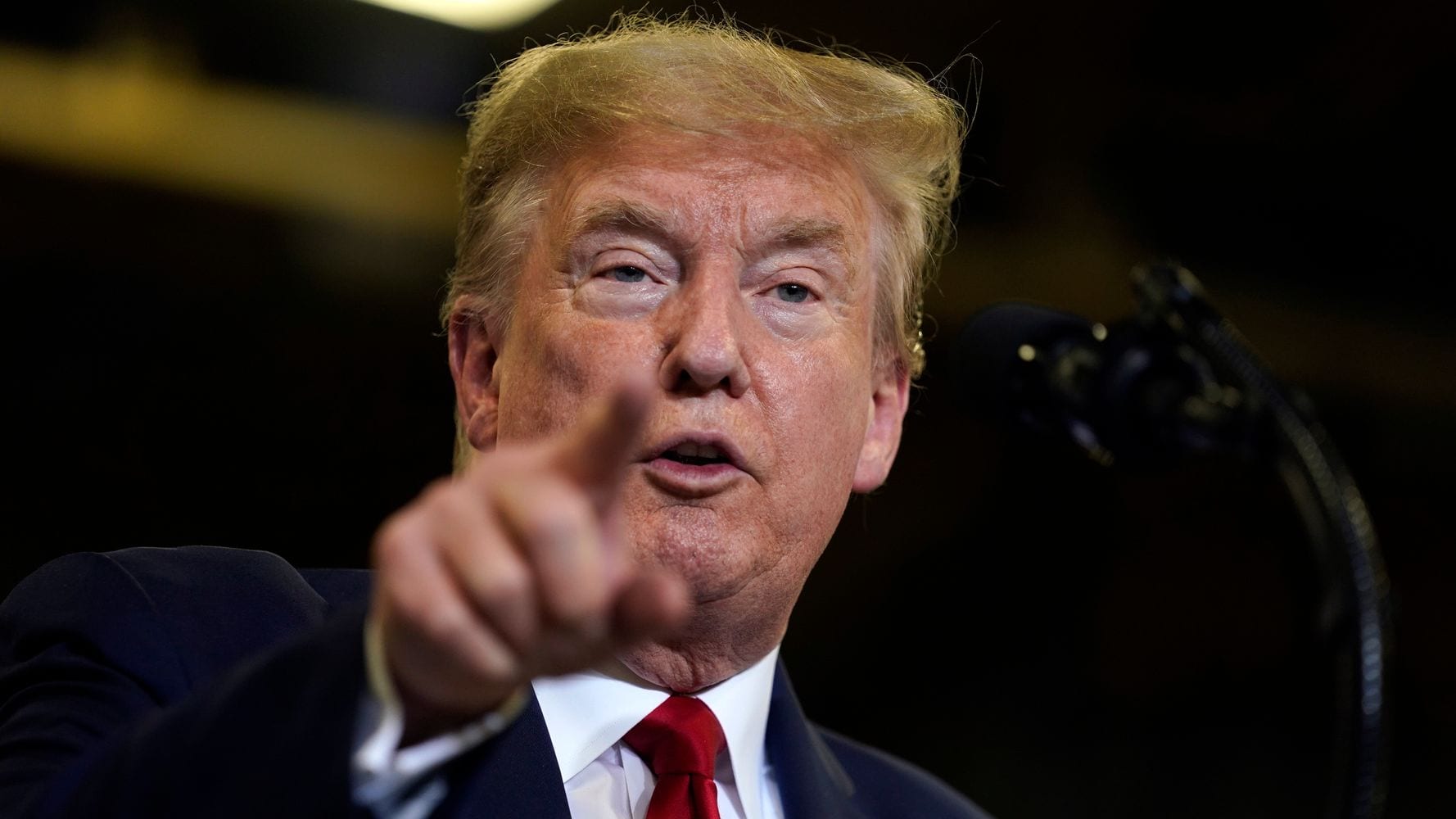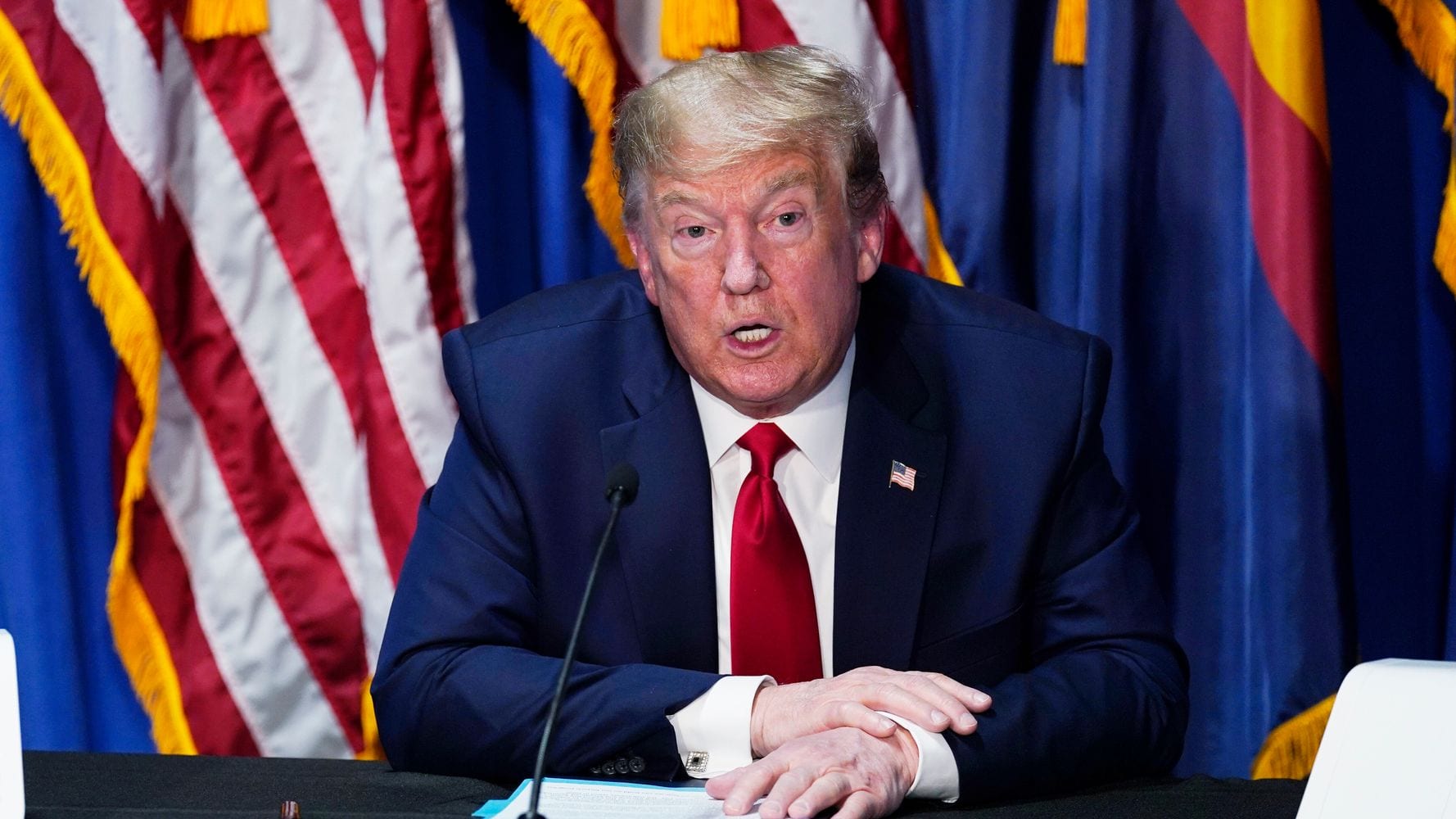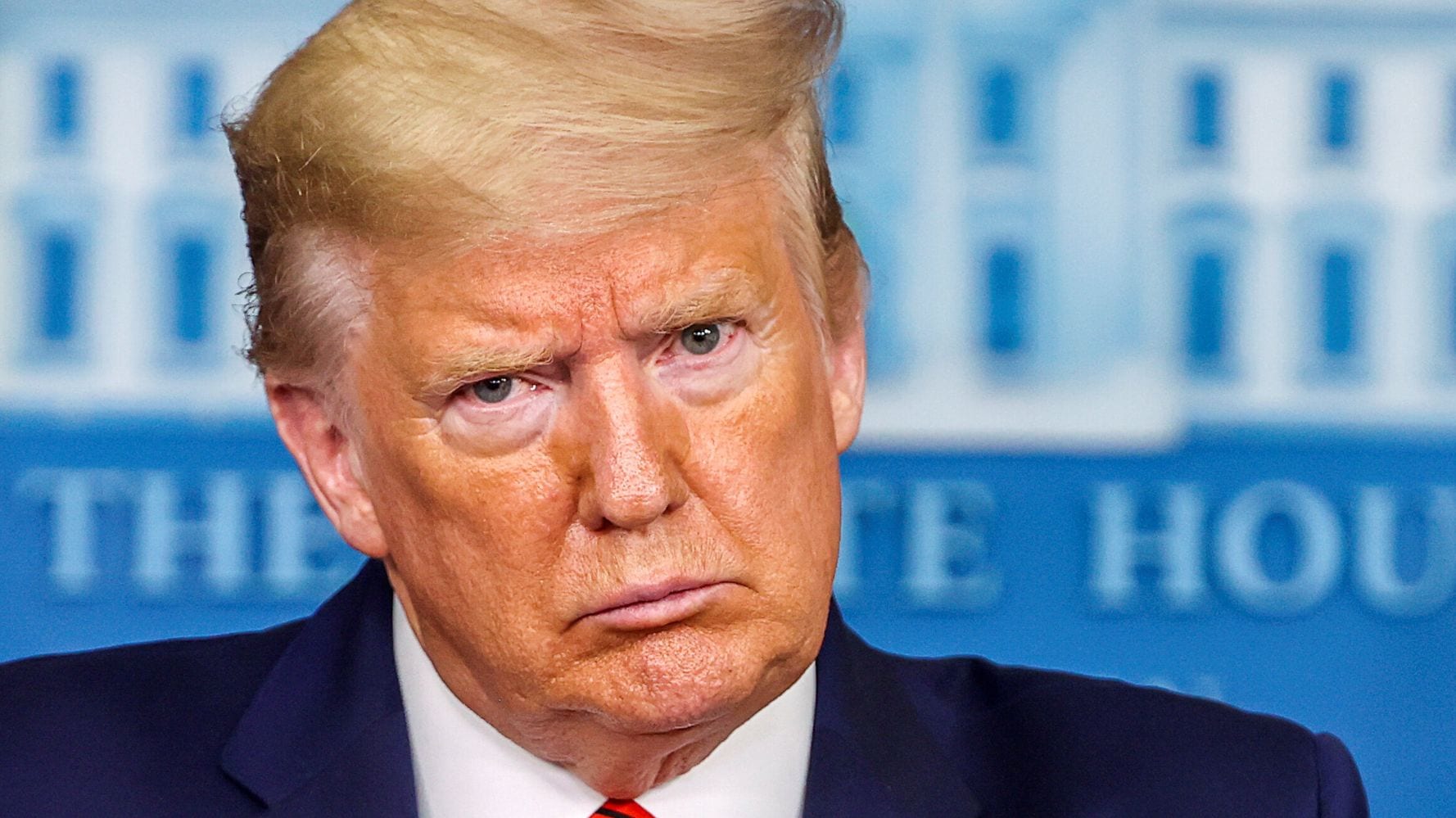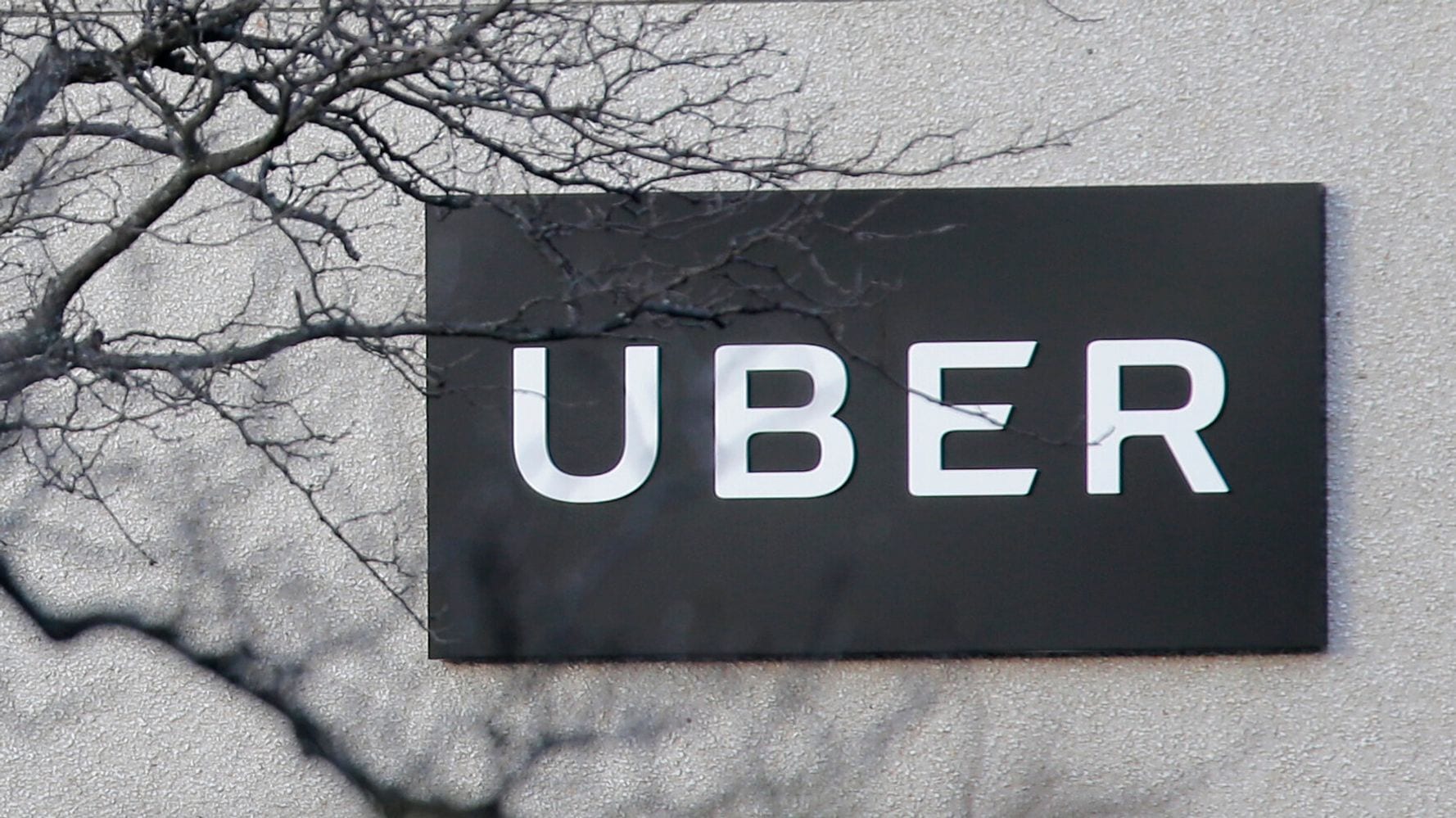[ad_1]
On my way home from my first night shift on the “COVID wards,” I was struck by the stillness of 3rd Avenue. The cool air hit my now-unmasked face for the first time in several hours. I felt refreshed, perhaps more awake than I had felt hours earlier in the midst of caring for a quickly declining patient.
Mrs. L was suffering from multi-organ failure. My team had helped keep her alive through the night, but it was hard to tell if we had made a lasting difference.
With the cold air on my face, I felt invigorated. After weeks of anxiously reading the news and wondering how far this crisis would progress, I finally was on the “front lines” as an ophthalmology resident working on the medicine wards caring for patients with COVID-19.
My thoughts were interrupted as a middle-aged man suddenly approached me on the sidewalk, blocking my path. “Thank you for everything you’re doing,” he said. I flinched; as a seasoned New Yorker, I’m suspicious of any stranger approaching me. “You’re a hero!” he said, before heading back to his car. Continuing my walk home, I responded almost inaudibly, “You’re welcome.”
The next night, we were less successful. Despite our best efforts, Mrs. L appeared to be dying. Other patients were sick, too. Drawing upon muscle memory from my time as an intern nearly two years ago, I found myself inserting nasogastric tubes, drawing arterial blood gases, calling a cardiology consult, pushing intravenous medications, and placing countless orders.
Amid the chaos, there was barely time to consider the implications of Mrs. L’s clinical status. When it finally became clear that there was nothing more we could do, the hardest part was calling her daughter in the middle of the night and breaking the news.
I spent my first year as a doctor at a cancer hospital, which had required me to learn the language that doctors use when patients are at the end of life, but the sudden and unique nature of this situation made it especially challenging. Mrs. L’s daughter had been unable to visit the hospital in prior days, given the new visitation restrictions.
Mrs. L died. Walking out of her room after pronouncing her deceased, I found her nurse in the workstation. She had tears pooling in the corners of her eyes. I offered her the words of comfort I also needed to hear: “We did all that we could,” and “She’s no longer suffering.” To compose myself for whatever would happen next, I headed to the workroom on 10 West, where I ate a pudding from a bag with a note that said, “Thank You Healthcare Heroes!”
I could barely taste it.
I had volunteered for this. Knowing the risks, I felt a personal obligation to help my colleagues on the front lines. My passion for medicine had never just been about ophthalmology, and I viewed this opportunity to serve outside my specialty as a privilege to be able to help our patient population and to support our physician community.
But what was the best way to help? Was there a role for an ophthalmology resident? As I mulled over these thoughts, I recalled what I had read about Dr. Li Wenliang, an ophthalmologist in China who had made international news when he raised alarms about the virus. His warnings were not based on a clinical trial or an epidemiological study ― he simply spoke out based on his clinical judgment and observations and did what he thought was right. He was a doctor first, not “just” an ophthalmologist.

The example he set was a reminder that when the moment is right, I should trust my instincts and act to help others. It was with this motivation that I offered myself in service — this was a chance to shape my career not just as an ophthalmologist, but also simply as a physician.
As the nights went on, I learned more and more about the disease named “COVID-19.” It led to some unexpected outcomes and some puzzling findings. Patients might appear fine, then rapidly decompensate. There were blood clots. Escalating inflammatory markers heralded the onset of end-organ failure and in many cases, death. We gave hydroxychloroquine with azithromycin, but then we stopped the azithromycin based on new evidence. Patients were enrolled in what seemed like mysterious trials of viral replication inhibitors and immunotherapies. Was any of it working? I could hardly tell.
The traditional exam with a stethoscope barely mattered — instead, there was the increased work of breathing, the breathlessness, the accessory muscle use, the slowly declining oxygen saturation numbers listed as percentages like test scores at the bedside. Ninety-three percent was good, 90% was good enough, but someone with a lower score needed extra help.
I, too, felt frequently out of breath after taking the stairs in an N95 mask and face shield, and after nearly yelling to ask patients questions over the loud hum of the various oxygen delivery devices ― nasal cannulas, non-rebreathers, high flow nasal cannulas, and BiPAPs. Presumably, the patient can’t hear you while intubated, but sometimes we’d try to talk to them.
The faceless interactions of my masked, gowned, gloved, and goggled self with the patient’s own adornments of oxygen tubing and masks made it hard to really communicate. My words had no face; I was just the pair of eyes that I once saw reflected from the window, superimposed on a glimmer of Manhattan’s lights. And as patients attempted to speak, oxygen fought its way in the other direction across the vocal cords toward the infected lungs, and the mouth formed words without sound.
It was so difficult to even talk to my patients. Was I doing anything at all?
“I want you to know that we’re all praying for you and appreciate you,” a lady said as she approached me, as I was sipping my coffee on a Central Park bench the evening before another shift. “You and all the other doctors, you’re all heroes,” she finished. This time, I felt less shy. I thanked her, and I felt pride swell up in my chest. Upon entering the hospital that evening, I could hear the now-routine 7:00 p.m. applause and cheering.
Later the following week, I found out that Mr. F, one of the doormen in my old building, a hospital-owned apartment building filled with young physicians, had died from the coronavirus. My feelings of pride suddenly turned to guilt. Had we done this to him? As unwitting vectors of this virus, moving to and from the hospital, perhaps we had exposed him. If not for us, I could not help but think, he would still be alive.
He had greeted me on countless late nights as I hurried to and from one of the hospitals while on call. He had delivered our packages, accepted our food deliveries, called up as friends had arrived. Those days are over now. There is no more routine ophthalmology, no more social gatherings, and more horrifying of all, there is no more Mr. F. This is the reality of the virus — it kills those that are more vulnerable, those that we too often walk past.
My feelings of pride suddenly turned to guilt. … As unwitting vectors of this virus, moving to and from the hospital, perhaps we had exposed him. If not for us, I could not help but think, he would still be alive.
To me, it was a privilege to volunteer on the so-called front lines. First and foremost, it was a choice — but for many other physicians and nurses, it has not been. I also think often of the numerous essential workers who have little choice in the matter, whose role has transformed into one of daily risk and fear of infection.
The hero who worked as a doorman in my building was one of them, and so many of my patients were, as well. The more work I did in the hospital, the more I became humbled by the tremendous work that others were doing, the ones who could not take a break until the pandemic has ended.
We can all be helpers, and we all have a role to play as this crisis continues to unfold. The words of encouragement, the donations of food and personal protective equipment have been nothing short of inspiring. I can only hope that the teamwork and collaboration that has taken place during this time will continue, and that we will pay more attention to those in our communities that we tend to overlook or take for granted.
As I prepare to return to my duties in ophthalmology, caring for the vision-threatening emergencies that still can occur during the pandemic, I’m simply glad to have played a part. But the next time someone calls me a hero, I hope I am quick enough to respond, “I am not the hero, but let me tell you about some people who are…”
Do you have a compelling personal story you’d like to see published on HuffPost? Find out what we’re looking for here and send us a pitch!
A HuffPost Guide To Coronavirus
Calling all HuffPost superfans!
Sign up for membership to become a founding member and help shape HuffPost’s next chapter


